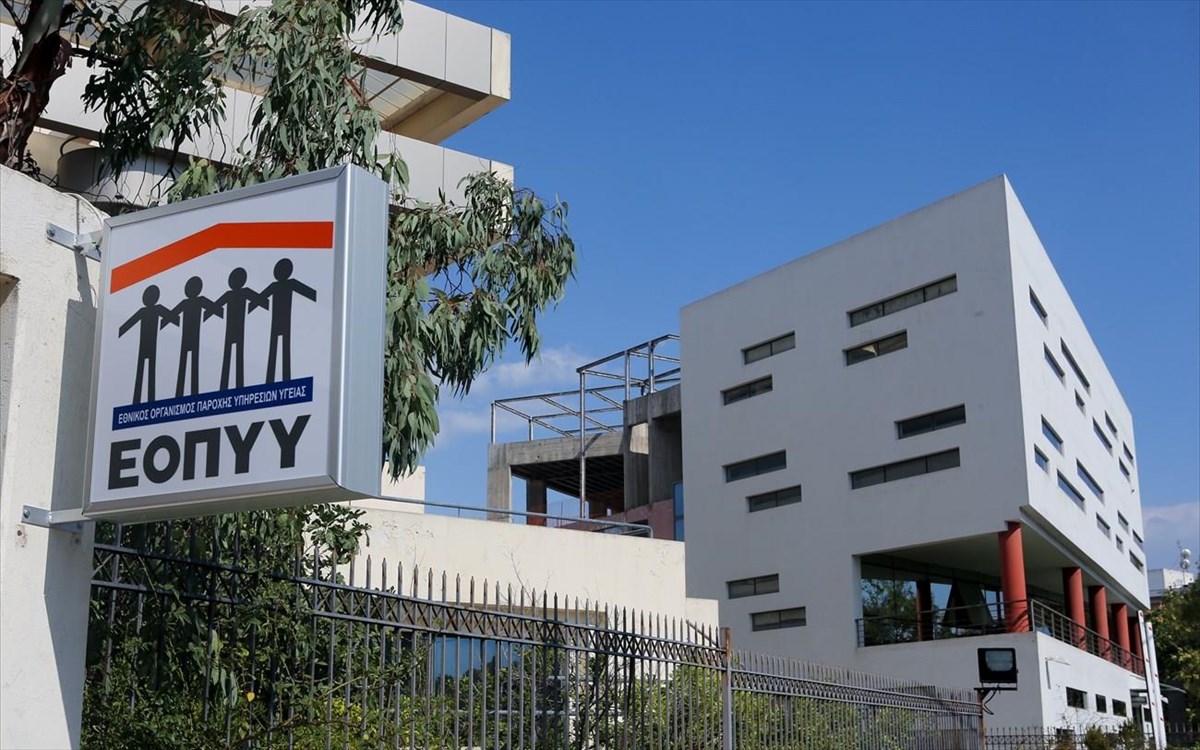
The arrested individuals are charged with eight felonies and two misdemeanours, with allegations ranging from organised crime to money laundering. The accused, who appeared before an investigator, have been granted time to present their defence this week.
Charges include:
- Leading a criminal organisation
- Forming and joining a criminal organisation
- Fraud exceeding €120,000 against a public entity
- Issuing false certificates, causing damages over €120,000
- Forgery exceeding €120,000 against a public entity
- Illegal drug trafficking by a doctor
- Violation of personal data law for financial gain exceeding €120,000
- Money laundering exceeding €120,000 within a criminal organisation
- Distribution of harmful drugs
- Violence against a public employee
The financial damage to the Greek government is estimated at €3.5 million, with the criminal activity allegedly dating back to at least 2020.
Timeline of the case
The investigation began following complaints from two EOPYY policyholders who discovered that prescriptions had been fraudulently issued using their social security numbers (AMKA) and filled at specific pharmacies.
One policyholder reported receiving a message on 28 May 2023 about a prescription for a benzodiazepine drug, issued by one of the implicated doctors, and filled at a pharmacy in Athens. Another person reported that 16 fraudulent prescriptions had been issued under their AMKA between April and November 2015, filled at another Athens pharmacy.
These complaints triggered an investigation that ultimately uncovered the broader activities of the criminal organisations.
Modus operandi of the criminal organisations
The groups, which operated with a similar structure and often shared members, issued fraudulent prescriptions through complicit doctors. They primarily targeted the AMKA numbers of foreign nationals who had either left Greece, were incarcerated, or were housed in detention centres, making it difficult for them to detect the fraud. In some cases, they even used the AMKA of uninsured individuals, as this eliminated any contribution to EOPYY expenses, maximising their profits.
Once the fake prescriptions were generated, the pharmacists involved forged signatures on prescription documents and executed the fraudulent orders. The illegally obtained drugs were then sold through pharmacies and doctors to customers both within Greece and abroad.
Profits from the illicit activities were either laundered through fake retail receipts or stored in safe deposit boxes at banks.
Serious public health risks
Among the drugs fraudulently prescribed were narcotics and psychotropic substances, some of which are in high demand and short supply in both Greek and international markets. The investigation also revealed that some of these drugs, distributed through pharmacies connected to the criminal ring, posed potential health risks to consumers.
Authorities discovered the illegal use of 3,516 AMKA numbers, which resulted in 90,186 fake prescriptions being issued. The financial loss to EOPYY is estimated at more than €3.5 million. The investigation also found that a pharmacy owner involved in the operation had circulated pharmaceutical products that posed a risk to public health, with some of these products coming directly from the criminal organisations.
______________________________________________
Are you seeking news from Greece presented from a progressive, non-mainstream perspective? Subscribe monthly or annually to support TPP International in delivering independent reporting in English. Don’t let Greek progressive voices fade.
Make sure to reference “TPP International” and your order number as the reason for payment.